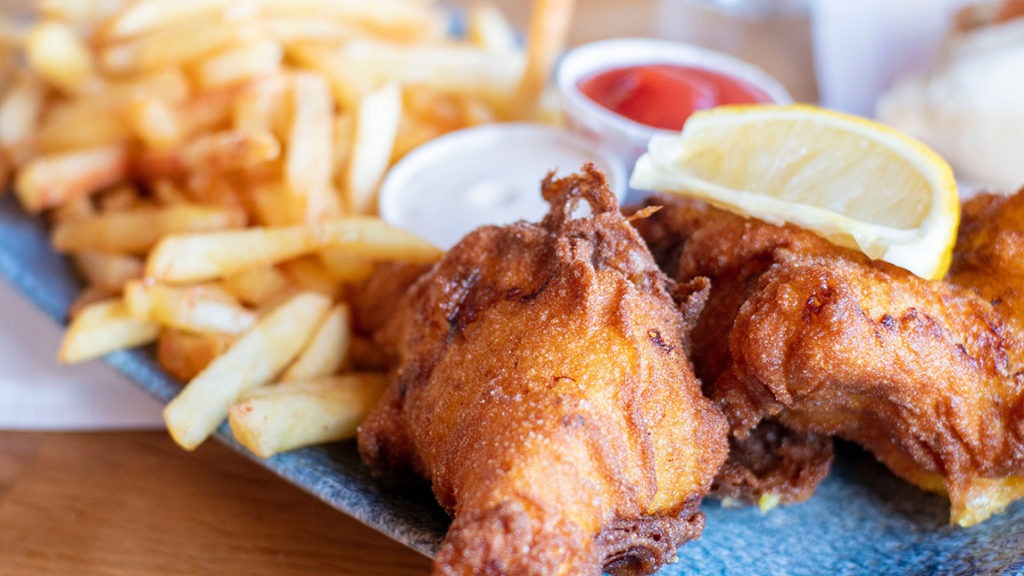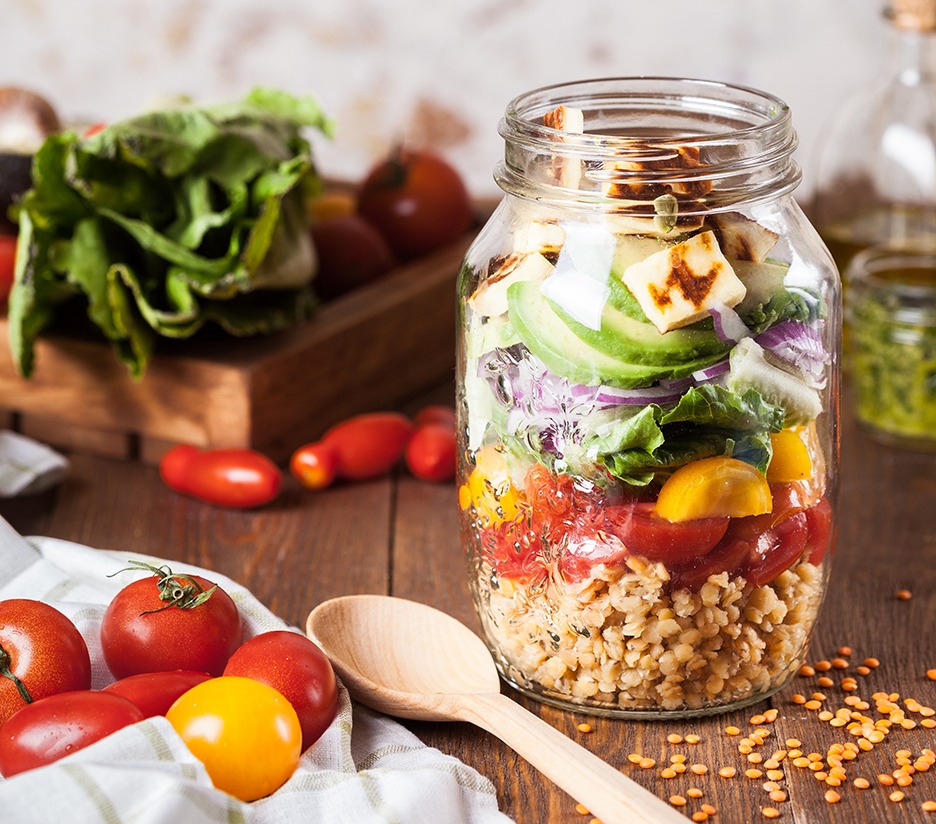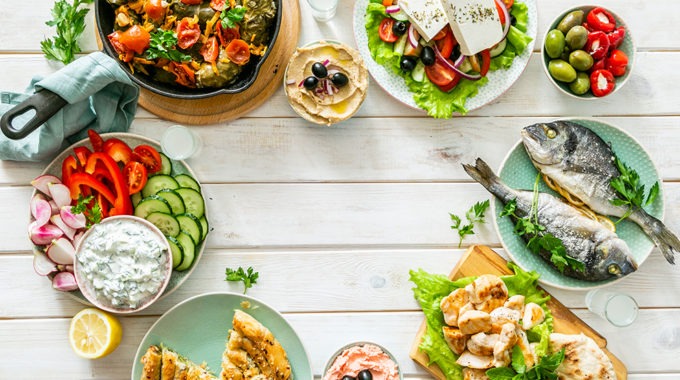How to reduce your risk of stroke
This National Stroke Week (August 31 to September 6), Nutrition Australia wants to help raise awareness of how a healthy, balanced diet can help to reduce the risk of stroke by supporting a healthy heart, brain and body.
In Australia, there are an average of around 100 stroke events every day. A stroke is caused after blood supply to the brain is suddenly stopped or reduced as a result of a blocked artery or a bleeding blood vessel in the brain. This can starve the brain’s cells of vital oxygen and nutrients, causing cells to die and the brain to become damaged.

Who’s at risk?
It can happen to anyone, at any age. But the Australian Institute of Health and Welfare has found that stroke can be preventable, and that some things can increase your risk. These include:
1. High blood pressure
2. Low physical activity
3. Being overweight or obese
4. Smoking
What should I eat to reduce my risk of stroke?
The traditional Mediterranean diet and Dietary Approaches to Stop Hypertension (DASH) diet can help to protect you against stroke, according to Nutrition Australia. These diets include lots of vegies, fruits and whole grains. The Mediterranean diet is a particular stand-out because it’s high in monounsaturated fat, whole grains, fruits, vegies and legumes, but low in saturated fat, cholesterol, red meat and salt. Remember: a diet that’s good for your heart is also good for your brain, because stroke and heart health are closely related.
Conversely, foods that are bad for your heart, your blood pressure and your gut microbiome (an unhealthy balance of bacteria in the gut has been linked to stroke and heart attack) can also increase your risk.

Eat more of these:
1. Fruits and vegetables – especially anything that’s in season.
2. Legumes such as lentils and chickpeas
3. Whole grains such as oats, wholegrain breads and pastas
4. Healthier fats such as olive oil, avocado and nuts
Eat less of these:
1. Red meats
2. Highly processed foods and drinks like chips, sugary drinks, and store-bought sauces
For individual dietary advice, get in touch with an Accredited Practising Dietitian. For more information on stroke, visit the National Stroke Foundation.









